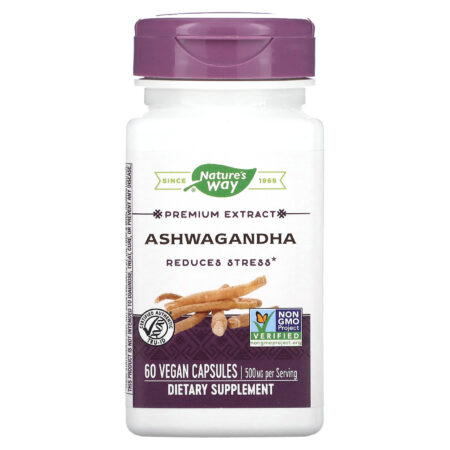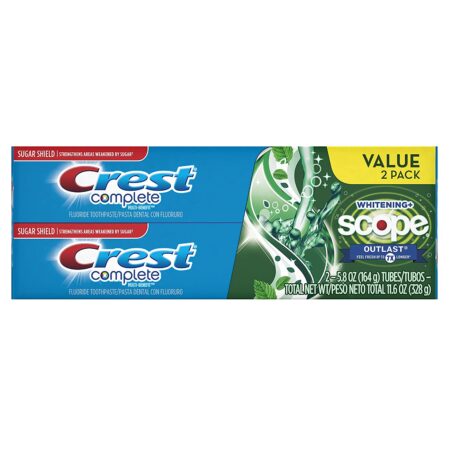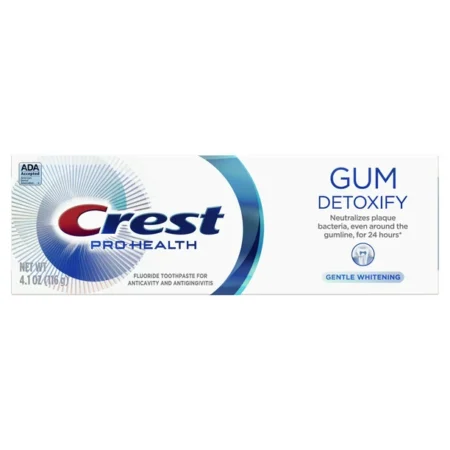It’s currently popular that prunes benefit your gut, however brand-new Penn State research study recommends they might benefit bone health, too.
In a research study evaluation, the scientists discovered that prunes can assist avoid or postpone bone loss in postmenopausal ladies, perhaps due to their capability to decrease swelling and oxidative tension, both of which add to bone loss.
” In postmenopausal ladies, lower levels of estrogen can activate an increase of oxidative tension and swelling, increasing the danger of compromising bones that might cause fractures,” stated Connie Rogers, associate teacher of dietary sciences and physiology. “Including prunes into the diet plan might assist safeguard bones by slowing or reversing this procedure.”
The evaluation was just recently released in the journal Advances in Nutrition.
Osteoporosis is a condition in which bones end up being weak or breakable that can occur to anybody at any age, however according to the scientists is most typical amongst ladies over the age of 50. The condition impacts more than 200 million ladies worldwide, triggering nearly 9 million fractures each year.
While medications exist to deal with osteoporosis, the scientists stated there is a growing interest for methods to deal with the condition with nutrition.
” Vegetables and fruits that are abundant in bioactive substances such as phenolic acid, flavonoids and carotenoids can possibly assist safeguard versus osteoporosis,” stated Mary Jane De Souza, teacher of kinesiology and physiology, “with prunes in specific acquiring attention in previous research study.”
According to the scientists, bones are kept throughout adult life by procedures that constantly construct brand-new bone cells while eliminating old ones. However after the age of 40, this breaking down of old cells starts to exceed the development of brand-new ones. This can be triggered by several aspects consisting of swelling and oxidative tension, which is when totally free radicals and anti-oxidants are out of balance in the body.
Prunes, nevertheless, have lots of dietary advantages such as minerals, vitamin K, phenolic substances and dietary fiber– all which might have the ability to assist counter a few of these impacts.
For their evaluation, the scientists examined information from 16 preclinical research studies in rodent designs, 10 preclinical research studies and 2 medical trials. Throughout the research studies, the scientists discovered proof that consuming prunes helped in reducing swelling and oxidative tension and promoted bone health.
For instance, the medical trials discovered that consuming 100 grams of prunes– about 10 prunes– every day for one year enhanced bone mineral density of bones in the lower arm and lower spinal column and reduced indications of bone turnover.
In addition, consuming 50 or 100 grams of prunes a day for 6 months avoided loss of overall bone mineral density and reduced TRAP-5b– a marker of bone resorption– compared to ladies who didn’t consume prunes.
” Taken together, proof from in vitro, preclinical research studies, and minimal medical research studies recommend prunes might assist to decrease bone loss,” Rogers stated. “This might be because of modified bone turnover and by hindering swelling and reducing markers of oxidative tension.”
The scientists stated one possible system for the impacts is prunes activating a modification in the gut microbiome that then reduces swelling in the colon. This might then reduce levels of pro-inflammatory cytokines and markers of oxidative damage.
In the future, the scientists prepare to more report on the impacts of prune usage for 12 months on bone results, inflammatory paths and the gut microbiota in a randomized regulated trial that was led by De Souza.
Janhavi Damani, college student in the Huck Institutes of the Life Sciences; Hannah VanEvery, college student in dietary sciences; and Nicole Strock, postdoctoral scholar in kinesiology, likewise took part in this work.
The California Dried Plum Board assisted support this research study.
Story Source:
Products supplied by Penn State Initial composed by Katie Bohn. Note: Material might be modified for design and length.






